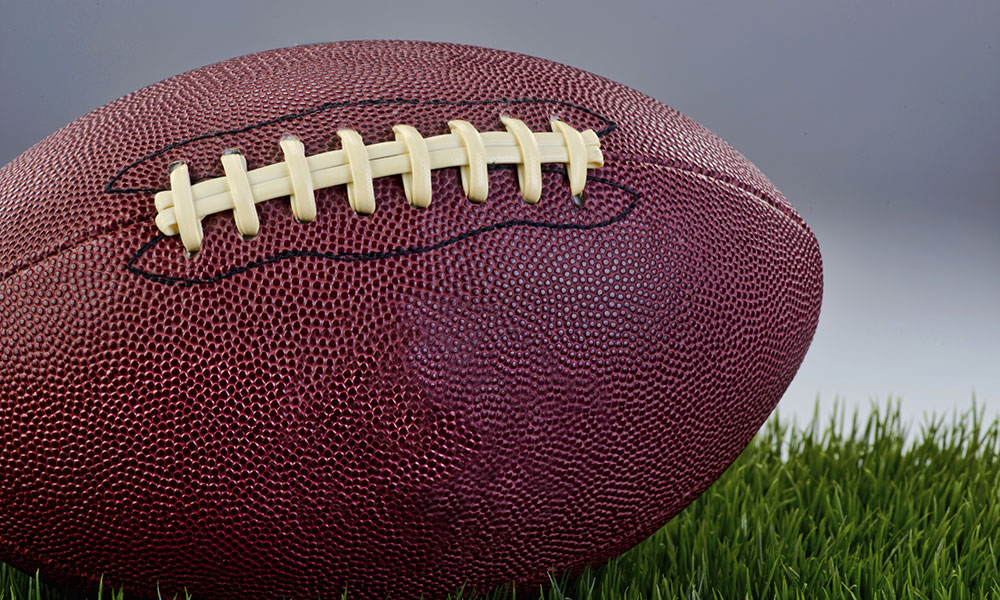
Northwestern Football Stars Draw Attention for Effort to Unionize
The new College Athletes Players Association, joined this week by Northwestern University’s football team, aims to raise quality-of-life standards for athletes. But the NCAA says the players have no standing because they aren't employees.
The new College Athletes Players Association, joined this week by Northwestern University’s football team, aims to raise quality-of-life standards for athletes. But the NCAA says the players have no standing because they aren’t employees.
College athletes have taken a large step toward organizing.
This week, members of Northwestern University’s football team became the first student-athletes to join the new College Athletes Players Association, which hopes to unionize a high-profile part of the collegiate ecosystem—one that has been under scrutiny for decades.
CAPA is led by former University of California at Los Angeles football player Ramogi Huma, also the head of the National College Players Association advocacy group. CAPA also has labor backing from the United Steelworkers, with the union saying it will pay the bills likely to pile up due to a lawsuit challenging players’ right to organize.
What the Players Want
Among the demands that CAPA plans to pursue are, at minimum, coverage of athlete living expenses along with tuition, as well as medical coverage that extends beyond college—something vital for players who often later suffer the consequences of putting themselves in demanding physical situations as student-athletes for the sake of the team.
One Northwestern star has willingly made himself the face of the union. In public comments on the move Tuesday, Kain Colter, the football team’s co-captain and starting quarterback for the past two seasons, spoke for the rest of the school’s student-athletes in offering support for a union. He said that while his teammates were “nearly 100 percent” behind the move, they chose to let him speak for them.
Colter’s comments were directed at the National Collegiate Athletic Association, which represents the university athletic programs, and were particularly pointed.
“How can they call this amateur athletics when our jerseys are sold in stores and the money we generate turns coaches and commissioners into multimillionaires?… The current model represents a dictatorship,” he said, according to the Associated Press. “We just want a seat at the table.”
NCAA Stands Opposed
In a statement, the NCAA opposed the move, arguing that the student-athletes didn’t have standing to unionize because they are not employees and choose to take part in athletics voluntarily.
“This union-backed attempt to turn student-athletes into employees undermines the purpose of college: an education,” NCAA Chief Legal Officer Donald Remy wrote in a statement. “Student-athletes are not employees, and their participation in college sports is voluntary. We stand for all student-athletes, not just those the unions want to professionalize.”
Remy said that the NCAA believes the National Labor Relations Board will reject the union’s claim.
A Challenging Period for College Sports
The student-athletes’ bid to form a union comes during a period when college sports are under extreme scrutiny.
Last year, a class-action lawsuit started by NCAA star Ed O’Bannon over likeness rights was allowed to move forward; a Rutgers coach faced scandal after video of him harassing his players surfaced; and football players for Grambling State University went on strike to protest poor training and playing conditions.
Most recently, a 2010 probe into the University of North Carolina at Chapel Hill’s alleged improper academic help to players led to the December 2013 felony indictment of a faculty member implicated in the matter.
(iStock/Thinkstock)






Comments